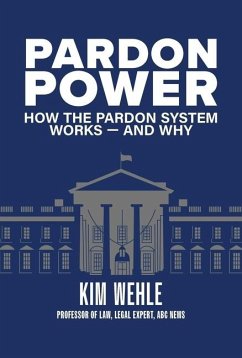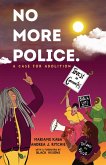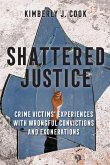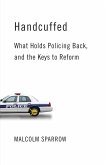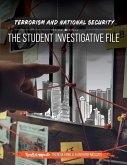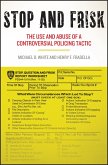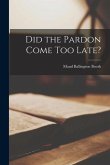"The president's power to pardon federal crimes is immense, with roots in ancient notions of mercy and amnesty. However, this power, seemingly boundless under the Constitution, lacks clear constraints, inviting concerns about abuse. Recent discussions in the U.S. Supreme Court have raised alarms about the potential for presidential abuse of pardons, highlighting the need for accountability within the pardon system to uphold the foundational premise that no one is above the law."--
Bitte wählen Sie Ihr Anliegen aus.
Rechnungen
Retourenschein anfordern
Bestellstatus
Storno

